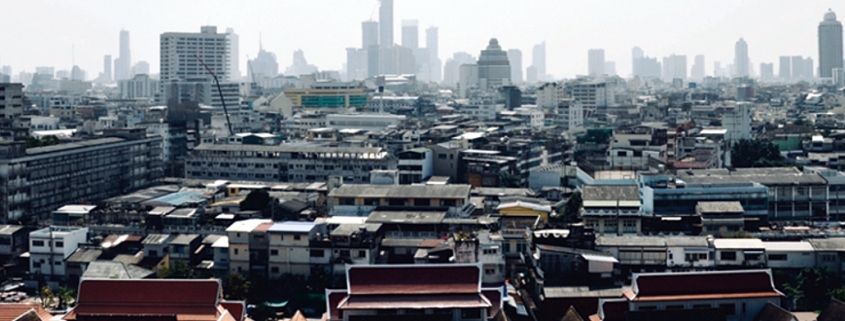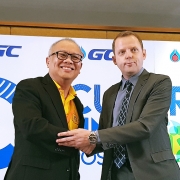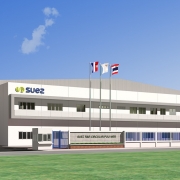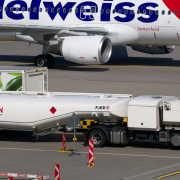Thailand Investment Year 2019
The Kingdom of Thailand is stimulating big investments in targeted industries that will drive economic transformation and support investors’ success, the national Board of Investment (BOI) expects.
At the annual seminar themed “Thailand Investment Year – What’s New?” which took place in March this year, Thailand’s Prime Minister, Prayut Chan-ocha, and five key government agencies informed about government’s support and policies in 2019. As reported by the Board of Investment, which hosted the seminar, the government aims to enhance national competitiveness under the 20-year National Strategic Plan.
On this occasion, the attendants learned that there are several opportunities for the country. The first is the economic situation as the country enjoyed economic growth during the past four years. According to the information, last year the country recorded 4.1 percent GDP (gross domestic product) growth, low inflation (only one percent), strong current account surplus of seven percent to GDP, over 200 billion US-Dollar of international reserve and low public debt of 45 percent below GDP. Furthermore, the national financial sector, especially the capital market, is considered to be strong.
The spending in both government and people sector, combined with the growing tourism industry that has contributed to almost 20 percent of GDP, would help balance the country’s dependence on exports. A relative new engine of growth is the “Eastern Economic Corridor (EEC)”, designed to be a large modern economic hub, home to targeted industries under the Thailand 4.0 initiative, the information said. One of the preferred sectors consists of the biofuel and biochemical industry, which are anticipated to see rapid growth in the future. According to experts, the two industries can easily be integrated with current and pre-existing industries within Thailand. In establishing a comprehensive biochemical industry, Thailand’s existing lactic acid and succinic acid from ethanol production industry would serve as a bridge between the current ethanol industries and the future chemical industry establishment. “This will allow for the enhancement of current biofuel industries to produce second-generation biofuels (biofuel not derived from food substances, e.g. corn cobs, or wastes) and make way for technological research and development of third-generation biofuels (biofuels which are produced from strands of cultivatable strands of seaweed).”
Infrastructure development in EEC has made significant progress, with most projects being under bidding and negotiation, BOI reported. Special investment promotion measures have been introduced to support development in the industrial sector, the area of society and environment, and local development. These measures would be the key driver to attract more investment.
Apart from the trade connection between CLMVT region (which comprises Cambodia, Lao PDR, Myanmar, Vietnam and Thailand) and the Greater Bay Area (which covers Hong Kong, Macao, Guangdong and Shenzhen) with ASEAN (Association of Southeast Asian Nations), Thailand’s third opportunity is the country’s Chair of ASEAN in 2019 (motto for the chairmanship in this organization is “Advancing Partnership for Sustainability”).
Last, but not least the three-day coronation of King Maha Vajiralongkorn in May this year was a significant event in Thai history. The ceremony represents a remarkable symbol of the country’s unity and stability, BOI emphasized. “Investors are aware of the importance of this royal ceremony, which will further boost foreign confidence in Thailand’s long-term potential.” According to media reports, King Maha Vajiralongkorn has been serving since shortly after his father King Bhumibol Adulyadej died in 2016 following a 70-year reign. Vajiralongkorn’s official coronation has been delayed until after a year-long mourning period for his father.
Photo: dariasophia / Pixabay
(GR 22019, Page 3)








